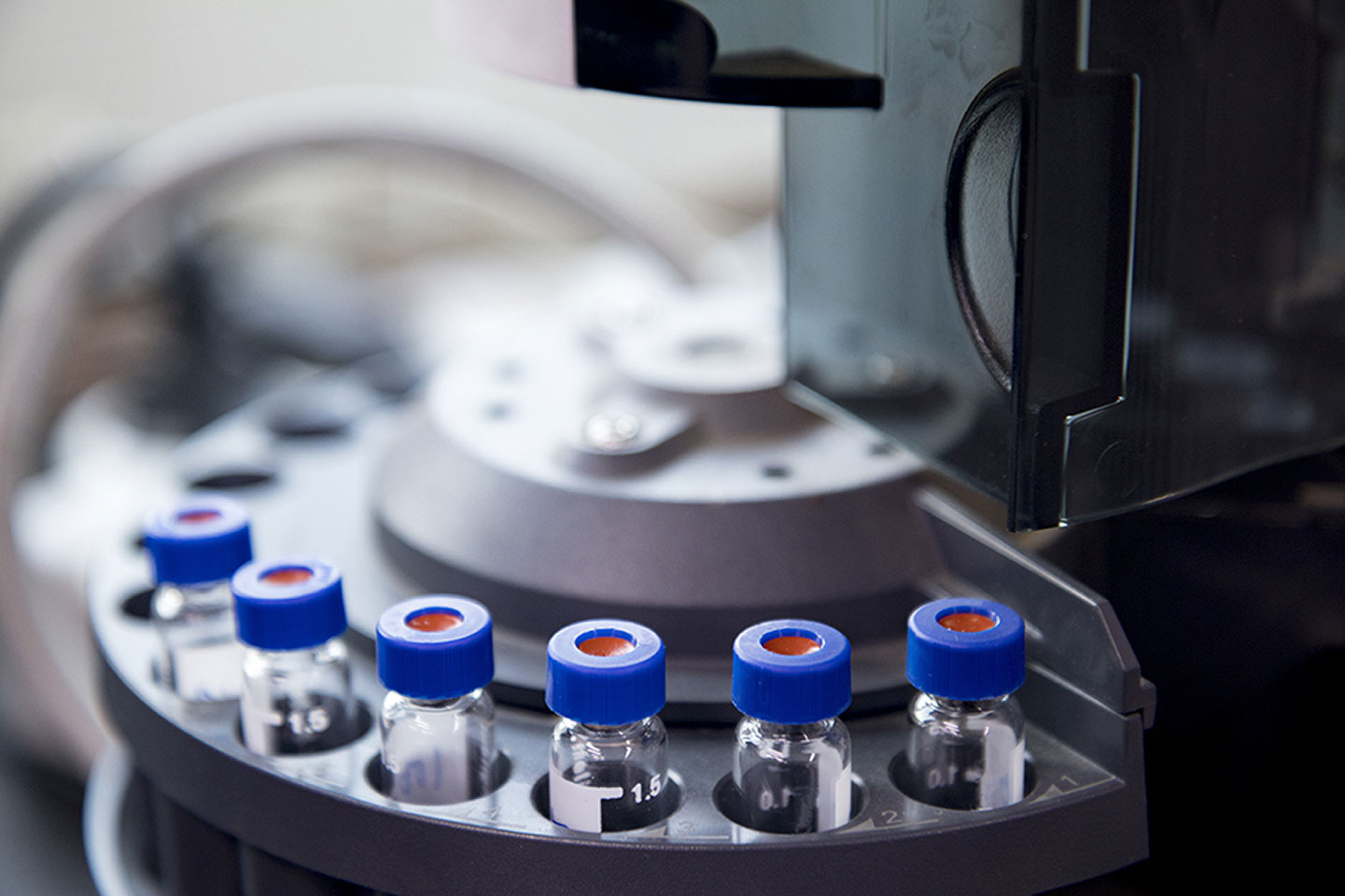
Driving under the influence is the crime or offense of driving, operating, or being in control of a motor vehicle while impaired by alcohol or other drugs, to a level that renders the driver incapable of operating a motor vehicle safely.
Due to the consequences of a DWI conviction, we firmly believe that each DWI case should be aggressively defended.
When arrested for suspicion of DWI, your driver's license is subject to suspension beginning 40 days after the date of arrest. To contest the suspension of your driver's license, you must request this hearing from the Texas Department of Public Safety within 15 days of your arrest.
If your license is suspended, you may be able to petition the Court for an occupational driver's license that would allow you to drive to work and school.

Gas chromatograms really don't know anything when then arrive from the manufacturer to the customers. The customers, in this case law enforcement, "tells" the machine what it is looking for by a process of calibration. This means the machine does not come ready to either identify or measure ethanol. The machine is "told" through calibration what substances will elute, or exit, the machine at a given time in the testing process. If any of the original calibration variables are not identical between the initial calibration and the testing of a citizen's specimen, then the purported results are compromised, thus, errors can occur both in the identification of a substance (ethanol), and in the purported concentration (BAC). In the scientific community, gas chromatography can be a very reliable scientific method. In the hands of law enforcement; however, generally accepted industry standards are quite frequently compromised. Only a skilled and educated individual will know if the government blood draw can be attacked. Mr. McNabb has successfully defended many citizens against governmental blood test results.
When a person is arrested for suspicion of DWI, the Officer can request a specimen of the person's breath or blood to determine the person's blood alcohol concentration (BAC). In fact, law enforcement agencies are beginning to impose "No Refusal" policies, whereby officers can request a warrant to draw a person's blood without their consent.
When a blood sample is collected, gas chromatography is the method in which ethanol is both identified and the concentration is calculated. Gas chromatography is a technique for analyzing a mixture of volatile substances in which the mixture is carried by an inert gas through a column packed with a selective adsorbent and a detector records on a moving strip the conductivity of the gas leaving the tube. Peaks on the resulting graph indicate the presence and concentration of a particular component such as ethanol.
Mr. McNabb holds two certifications in gas chromatography from a premiere laboratory training facility. The facility in which Mr. McNabb received his training and certifications trains some of the top governmental agencies, including the FBI, DEA, and CDC.
Billy McNabb Attorney At Law is here to defend you. If you have a criminal defense case contact us today.
Schedule Your Consultation